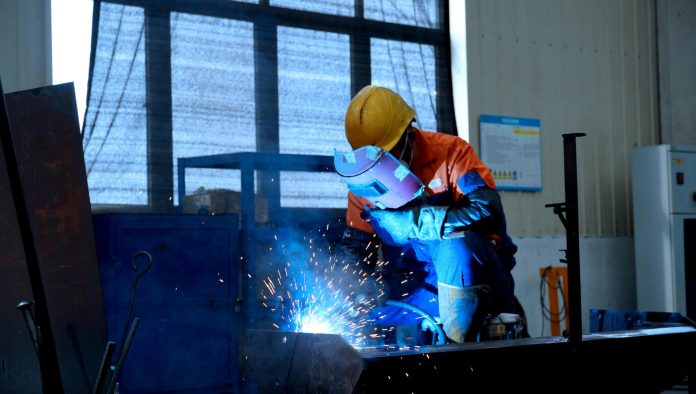In today’s industrial landscape, custom metal fabrication plays a pivotal role in shaping the products and infrastructure we rely on daily. From precision-crafted components for machinery to intricate architectural elements, the versatility and durability of metal make it an indispensable material across a multitude of industries. This article explores the importance of custom metal fabrication, the processes involved, and its impact on the modern manufacturing sector.
What Is Custom Metal Fabrication?
Custom metal fabrication is the process of cutting, shaping, and assembling metal into specific forms or structures tailored to meet unique requirements. Unlike mass production, which focuses on standardized items, custom fabrication offers bespoke solutions designed for specialized applications.
This approach is widely used in industries such as construction, automotive, aerospace, and energy, where precision and adaptability are critical. Whether it’s a one-off prototype or a series of components, custom metal fabrication ensures that each piece meets exact specifications and performance criteria.
Key Processes in Metal Fabrication
Custom metal fabrication involves several advanced techniques to achieve the desired shape and functionality of a product. Some of the most common processes include:
- Laser Cutting
Laser technology allows for precise and efficient cutting of metal sheets into complex shapes. This method ensures minimal waste and a high level of accuracy, making it ideal for intricate designs. - Welding
Welding is a fundamental process for joining metal parts. It ensures strength and stability in structures, whether for heavy-duty machinery or delicate frameworks. - Bending and Forming
Using press brakes and rollers, metal can be bent into various shapes to suit specific applications, such as pipes, brackets, or frames. - Machining
CNC machining offers unparalleled precision, enabling the creation of detailed and highly accurate components for industries such as aerospace and medical equipment manufacturing. - Finishing
Techniques such as powder coating, polishing, and anodizing provide the final touches, enhancing both the durability and aesthetic appeal of the fabricated metal.
Why Custom Metal Fabrication Matters
- Tailored Solutions
Custom fabrication allows businesses to create products that align perfectly with their operational needs, offering flexibility that off-the-shelf solutions cannot provide. - Durability and Strength
Metal components are known for their long lifespan and ability to withstand extreme conditions, making them essential for critical applications. - Cost Efficiency
While the upfront costs of custom fabrication may be higher than mass production, the tailored approach minimizes material waste and enhances performance, ultimately saving money in the long run. - Innovation and Adaptability
Custom metal fabrication supports innovation by enabling the development of unique designs and prototypes, fostering advancements in technology and manufacturing.
The Future of Metal Fabrication
As industries evolve, so do the methods and materials used in metal fabrication. Innovations such as additive manufacturing (3D printing with metal), robotics, and automation are transforming the way components are designed and produced. These advancements are paving the way for faster production cycles, greater precision, and reduced environmental impact.
Moreover, sustainability is becoming a focal point in metal fabrication. Recycling and reusing materials, as well as adopting energy-efficient processes, are now integral to the industry’s growth and responsibility toward the environment.
Choosing the Right Partner for Custom Fabrication
For businesses seeking reliable and high-quality custom metal fabrication, selecting the right partner is crucial. Look for companies with a proven track record, advanced technology, and a commitment to meeting client-specific requirements. A trusted fabricator will not only deliver precise components but also provide valuable insights and expertise to optimize the manufacturing process.
For more information on metal fabrication and custom metal components, visit https://webelektron.com/.
Conclusion
Custom metal fabrication remains an essential pillar of modern industry, offering solutions that combine precision, durability, and adaptability. As technological advancements continue to redefine the sector, businesses can leverage these capabilities to enhance their products and processes, ensuring success in a competitive global market.



 Bitcoin
Bitcoin  Ethereum
Ethereum  Tether
Tether  XRP
XRP  Solana
Solana  USDC
USDC  Cardano
Cardano  TRON
TRON  Lido Staked Ether
Lido Staked Ether  Toncoin
Toncoin  Avalanche
Avalanche